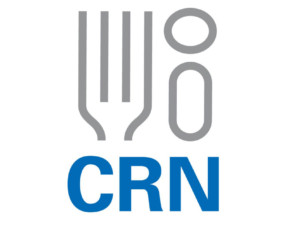On Sept. 9, the U.S. Department of Health and Human Services (HHS) released its Make Our Children Healthy Again Strategy, a sweeping plan with more than 120 initiatives to “reverse the failed policies that fueled America’s childhood chronic disease epidemic.”
The strategy outlines targeted executive actions to advance gold-standard science, realign incentives, increase public awareness and strengthen private-sector collaboration, according to HHS.
“The Trump Administration is mobilizing every part of government to confront the childhood chronic disease epidemic,” said HHS Secretary Robert F. Kennedy, Jr. “This strategy represents the most sweeping reform agenda in modern history—realigning our food and health systems, driving education, and unleashing science to protect America’s children and families. We are ending the corporate capture of public health, restoring transparency, and putting gold-standard science—not special interests—at the center of every decision.”
According to HHS, the key focus areas of the strategy include:
- Restoring science and research
- Historic executive actions
- Process reform and deregulation
- Public awareness and education
- Private sector collaboration
In a statement, the Council for Responsible Nutrition (CRN) welcomes the attention the report brings to nutrition and the connections it identifies between proactive healthy behaviors and disease prevention.
CRN said that while the report highlights crucial challenges related to diet, preventable conditions and access to healthy foods, there is also an opportunity to acknowledge the role of dietary supplements in addressing these issues. For decades, the association has underscored the importance of supplements for closing nutrient gaps, supporting healthier pregnancies and helping consumers maintain overall health and wellness.
“The notion that if we all just eat all the right foods, we can attain a perfectly nutritious diet, has proven elusive for most Americans, and the report offers many constructive proposals to make better health more attainable,” CRN said. “Dietary supplements and functional foods can help provide essential nutrients and other healthful ingredients. CRN stands ready to collaborate with policymakers, health professionals, and industry partners so that the conversation about nutrition includes the full range of tools—diet, functional foods, and supplements—that can help improve health outcomes and reduce long-term healthcare costs.”
For more information, visit www.hhs.gov or www.crnusa.org.

